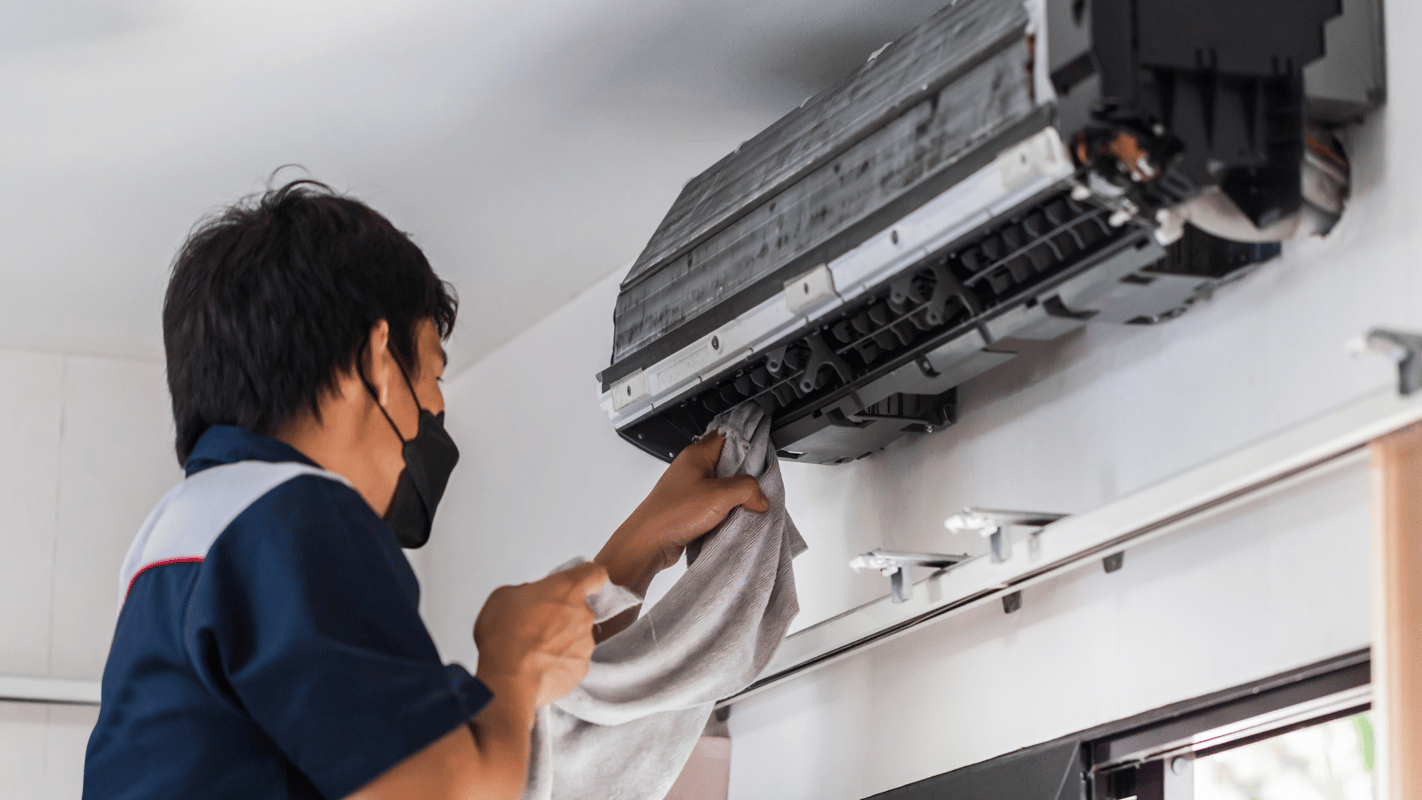What is an HVAC Technician?
HVAC technicians are responsible for the installation, maintenance, and repair of heating, ventilation, air conditioning, and refrigeration systems. They diagnose and troubleshoot issues, perform preventative maintenance, and ensure the proper functioning of these critical systems.
Where Does an HVAC Technician Work?
HVAC technicians can find employment in a variety of settings, including residential homes, commercial buildings, industrial facilities, and even transportation vehicles. They may work for HVAC contractors, construction companies, or directly for property owners and managers.
How to Become an HVAC Technician in Colorado? ## What are the Requirements to Become a HVAC Technician in Colorado?
Become an HVAC Technician in Colorado by following these several key steps and requirements. Here's a comprehensive guide to help you navigate the process:
1. Meet Basic Requirements: Typically, you should be at least 18 years old, have a high school diploma or GED equivalent, and possess a valid driver's license and a clean driving record.
2. Get Proper Training: You can either start with an HVAC certification, diploma, or associate's degree from a vocational school or community college to prepare you for certification exams, or you can become an apprentice or entry-level worker for an HVAC company and get on-the-job training.
The cost of becoming an HVAC technician in Colorado can differ. HVAC training programs can range from a few thousand dollars to around $15,000 or more for higher-level programs. Be mindful of additional costs including local licensing fees and certification exam fees!
3. Obtain EPA Section 608 Certification: This federal certification is required for any professional who maintains, services, repairs, or disposes of equipment that could release refrigerants into the atmosphere. You need to pass the EPA Section 608 Certification exam to obtain this certification.
There are four types of EPA Certifications, each allowing for different levels of work with refrigerants.
- Type I: For servicing small appliances with less than five pounds of refrigerant.
- Type II: For servicing high-pressure units with five pounds or more of refrigerant.
- Type III: For servicing or disposing of low-pressure appliances.
- Universal: This covers all types from I to III. It can allow you to work on various systems and appliances, making you a jack-of-all-trades in the refrigerant world.
The Core Exam is an important part of the EPA certification process. It covers topics like ozone depletion, the Clean Air Act, refrigeration, safety, and shipping among others. You must pass this exam regardless of the type of EPA certification you're pursuing.
The EPA Section 608 Certification Examination costs between $20 for the Type I exam and over $150 for the Universal Exam, though this may be included in some training programs.
4. Check Local Licensing Requirements: There is no statewide licensing process for HVAC technicians in Colorado. However, local or city licensing requirements may apply in the area where you will be working.
5. Earn Additional Certifications: You can improve your marketability and pay by earning additional certifications. Such certifications are the North American Technical Excellence (NATE) certification and American Society of Heating, Refrigeration and Air-Conditioning Engineers (ASHRAE). Other certifications are also available.
6. Fulfill Business Requirements: If you wish to own your own business in the HVAC field in Colorado, you'll need a state-issued business license, worker’s compensation insurance, and unemployment insurance. Check with your municipality for further requirements.
Remember, the licensing and certification requirements can vary significantly from one city or county to another. Always check with local authorities before starting your work as an HVAC technician.
It's also important to note that while Colorado doesn't have state-level licensing for HVAC technicians, it does require state-level electrical or plumbing licenses for any HVAC work that involves these areas
Where Can I Find HVAC Technician Classes in Colorado?
One excellent resource for finding HVAC technician classes in Colorado is Dreambound, the largest platform for students to find and compare vocational training programs. Dreambound can help you locate HVAC training programs in your local area, making it easier to find the right program to fit your needs.
Exploring a Career in HVAC Technician Outside Colorado
If you've been reading this article and long to become an HVAC Technician, but you live in a different state, don't lose hope – achieving your goal is still within reach. You might consider exploring opportunities to become an HVAC Technician in Alaska, Massachusetts, Missouri, Texas, or West Virginia. If none of these locations work for you, Dreambound makes it easier than ever to pursue your dreams regardless of your location by simplifying the process of finding and comparing HVAC classes through a convenient search by zip code. With determination and access to the right resources, you can confidently pursue a successful career in trade, construction, and industry, no matter where you live.
How Do I Get My HVAC Technician Certification?
As mentioned earlier, to become a certified HVAC technician in Colorado, you will need to pass a series of exams, such as the Environmental Protection Agency (EPA) certification for handling refrigerants. The levels of certification under the EPA demonstrate your knowledge and skills in the HVAC field and are often required by employers.
How Do I Get a Job as an HVAC Technician?
In addition to completing your HVAC training and certifications, you can increase your chances of finding a job by networking with industry professionals, applying for internships or apprenticeships, and researching job postings in your local area. Many HVAC companies also offer on-the-job training and mentorship programs for new technicians.
Career Paths and Opportunities after Becoming an HVAC Technician
With experience and additional training, HVAC technicians can advance into roles such as service managers, and project managers, or even start their own HVAC contracting businesses. Some technicians also specialize in specific areas, such as commercial refrigeration or geothermal systems.






